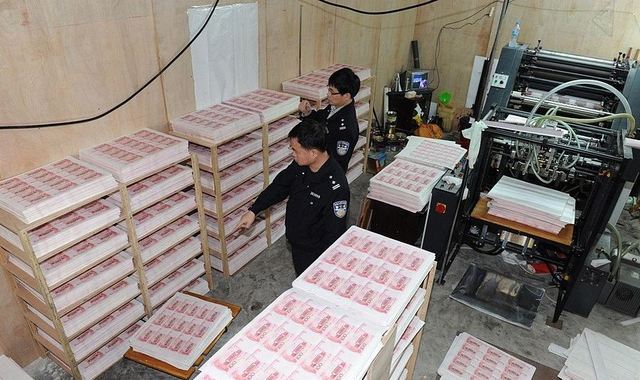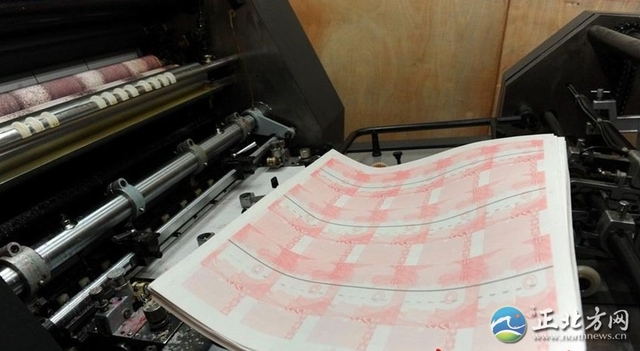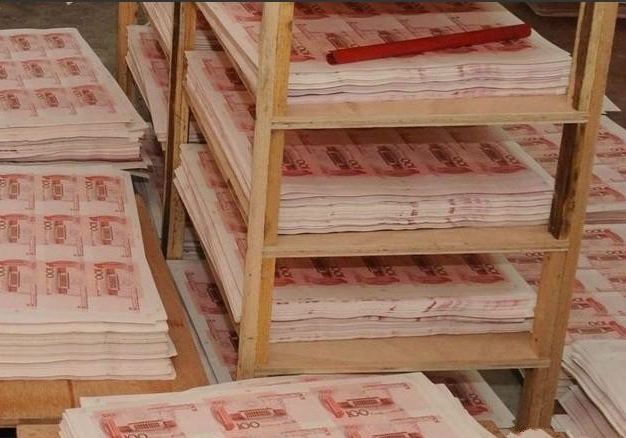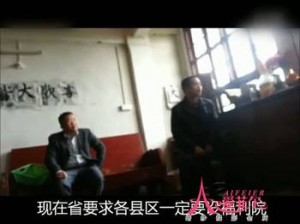Drug Crimes By Foreigners in China Up 17%, Guangdong A Particular Problem
Posted: 06/26/2014 2:18 pmForeigners are committing more drug crimes in China, and it appears Guangdong is one of their favorite spots to operate. There has been a 17% increase in drug-related crimes by foreigners across the country in the past year, with police focusing on Guangdong as a particular problem, reported China Daily.
Liu Yuejin, director of the narcotics control bureau for the Ministry of Public Security, described the drug problem:
“Due to high market demand, the desire for profits, and loose management, foreign drug gangs are active in southern China, including Guangdong and Yunnan provinces and the Guangxi Zhuang autonomous region,”
READ: Drug Sting At Hotel in Guangzhou Nets 10 Foreigners
There were 1,491 drug-related crimes involving foreigners last year in China, a year-on-year increase of 15.4%. This lead to the arrests of 1,963 foreign drug suspects, an increase of 17.3% from the year before.
Liu said the majority of foreign suspects are of African origin, and they tend to smuggle heroin from the Golden Crescent (consisting of Iran, Afghanistan and Pakistan) or marijuana and cocaine from Africa and South America.
Cui Qingchao, deputy director of the Guangzhou customs anti-smuggling department, said foreign traffickers are able to cheaply purchase methamphetamine in the Guangdong cities of Lufeng and Jieyang.
READ: Nigerian Man Caught Using Chinese Girlfriend to
Smuggle Drugs Out of Guangdong
Cui said that some African drug suspects serve as “agents” for Pakistani drug lords. Cui goes on to say,
“After obtaining drugs from these drug lords, they usually hire foreign traffickers who hide the drugs in their bodies or luggage. They take the drugs to Beijing and Shanghai or send them to Guangdong and other provinces through express mail services.”
Despite language barriers and a predisposition to commit violence posed by these foreigners, Liu said authorities will increase supervision of foreign residents, especially in Guangdong.
Related:
- Drug-Riddled Guangdong Town Presents Challenge to Police
- Two Middle Eastern Men Swallow RMB 2.25 Million Worth of Drugs,
Arrive in Shenzhen - Meet the New Drug on the Streets of Guangzhou: Khat, the Arabian Tea
- Huge Shipment of Khat Seized in Guangdong
- Dongguan Jail Home to 500 Foreigners
Photos: Georgia Expunge





















